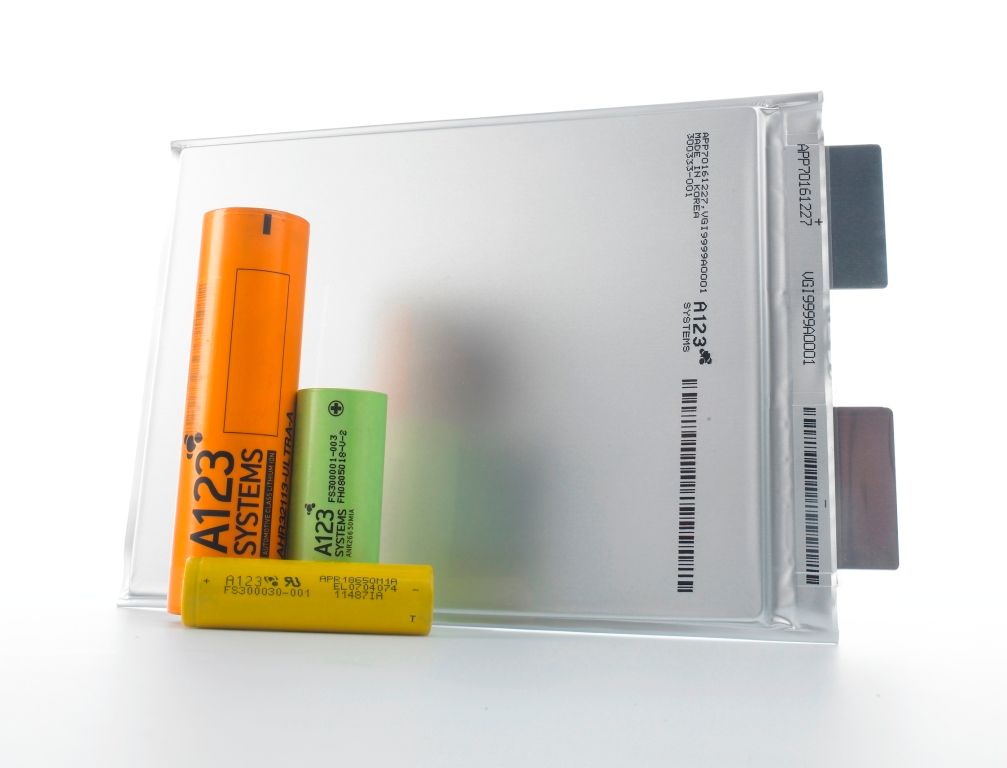One of the largest – if not the largest – problems with electric cars becoming a complete reality is the limitation of the lithium-ion battery. One issue is the fact that they are extremely susceptible to extreme heat and cold. Both ends of the temperature spectrum result in serious energy loss, which, in turn, creates excessive battery usage to obtain the same results. This is exactly why the estimated mileage of EVs can vary greatly, depending on the environment.
To help regulate the battery temperature, EV->ke1030 manufacturers today are using liquid coolant to maintain an optimal temperature, just like the coolant works in an internal combustion engine. This liquid come with added expense, as it is expensive to manufacture and adds in a complex system to regulate the coolant temperature.
A123, a leading battery manufacturer for EVs, recently developed and is currently testing a battery it dubbed the Nanophosphate EXT, which can handle extreme hot and cold without requiring any coolant to maintain its temperature, per A123. In testing, this new lithium-ion battery held roughly 90 percent of its energy capacity in 113-degree heat, which shows it can take heat.
According to reports, cold testing is underway at a temperature of -22 degrees Fahrenheit and A123 claims that the batteries deliver 20 percent more power than standard coolant-regulated batteries at the same temperature.
In addition to it not needing temperature regulation, A123 also claims that Nanophosphate EXT batteries can last two to three times longer than an equivalent lithium-ion battery.
Combining more energy at extreme temperatures, deletion of the complex cooling system, and the lighter nature of these batteries, thanks to the lack of coolant, this new battery technology appears to be nothing short of a winner. With developments like this new battery and the high-tech and high-performance nature of EVs like the Tesla Model S->ke3329 and Fisker Karma->ke3016, we just may see EVs become more of a reality to replace Dinosaur flesh-burning vehicles in the next 10 years.
We’ll keep you updated if anything new comes from A123’s research.
Click past the jump to read A123's official presser about this new technology.
Nanophosphate EXT Lithium Ion
A123’s next-generation Nanophosphate EXT™ lithium ion battery technology improves power capability at low temperature and life at high temperature, potentially reducing or eliminating the need for costly thermal management.
100% DOD Cycling at 45ºC
By extending the capabilities of our core Nanophosphate® technology over a wider temperature operating range, Nanophosphate EXT is expected to deliver increased performance and reliability while minimizing complexity and reducing total cost of ownership (TCO) over the life of the battery system for a number of applications, including micro hybrid vehicles, electric vehicles, telecommunications backup and military systems, among others.
Key Benefits:
Improved Power Capability
Nanophosphate EXT delivers improved power, especially at low temperatures
20-30% higher power than our standard Nanophosphate® chemistry
Superior power retention
Extended Calendar and Cycle Life
Improved calendar and cycle life, particularly at elevated temperatures
2-3x the cycle life of lithium ion competitors
10x the life of lead acid
Lower Total Cost of Ownership
Wide temperature operating capability reduces the need for costly thermal management equipment and associated operating costs
Greater power capability reduces the need for pack oversizing to meet application requirements
Better calendar and cycle life means greater battery utilization, fewer replacements and lower maintenance costs

